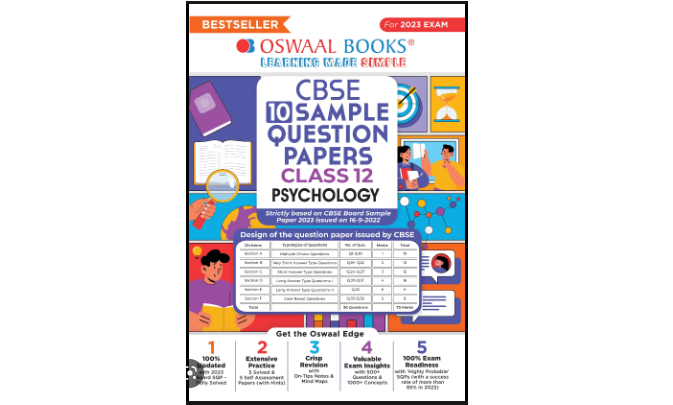The symptoms that Malay is exhibiting are different from the symptoms of Oppositional Defiant Disorder. Justify this statement.
Class 12th Psychology, Question -The symptoms that Malay is exhibiting are different from the symptoms of Oppositional Defiant Disorder. Justify this statement.


